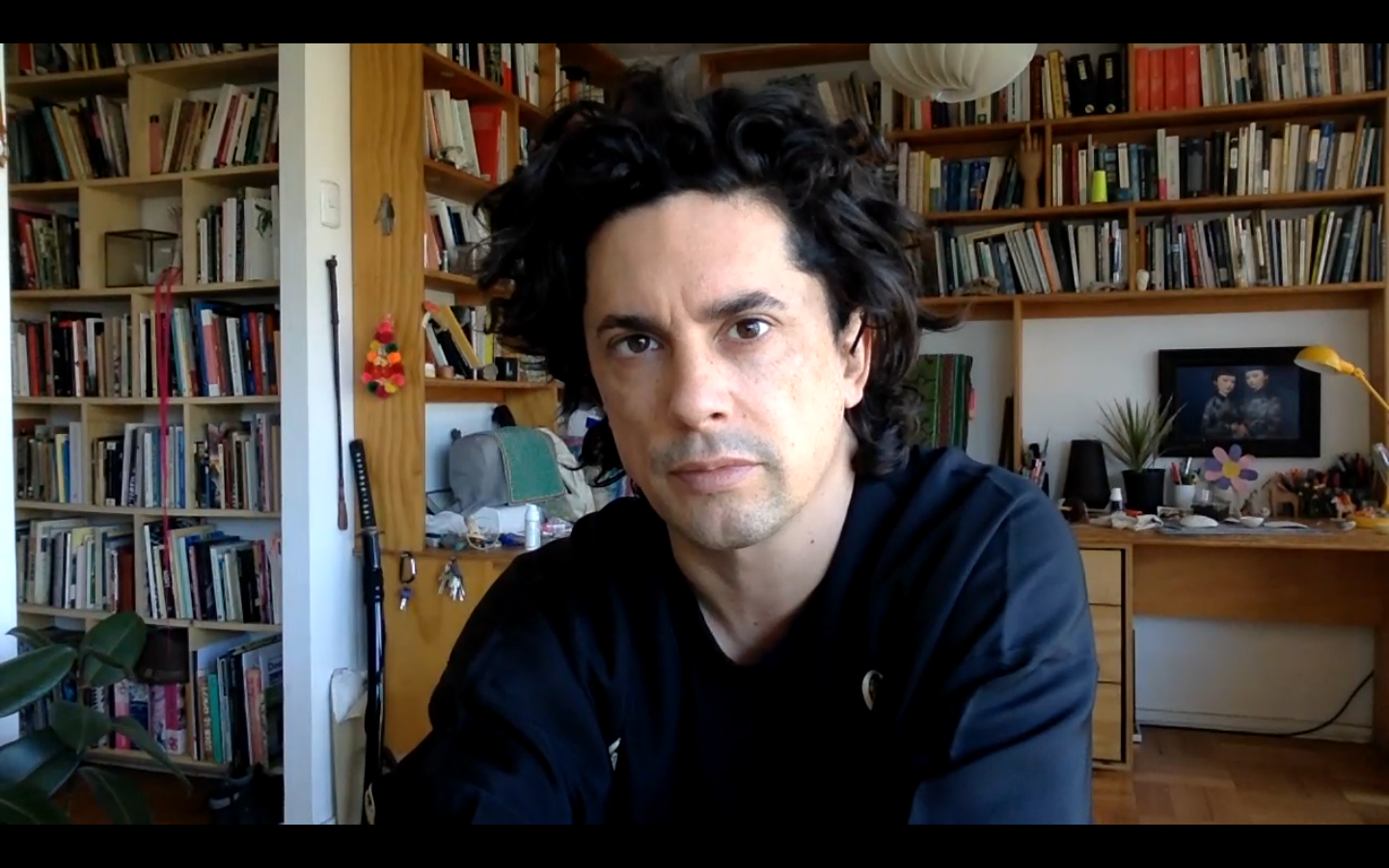The worst genre in the world – Benjamin Labatut: “When We Cease to Understand the World”

Benjamin Labatut’s “When We Cease to Understand the World” is the most irritating book I have read in a long time.
Please not that I use the word “irritating” and not “bad.” Had it been just another clumsily written Scandi-noir crime thriller, I’d have read twenty pages and thrown it in the scrap pile. But I actually read this one from beginning to end – and it frustrates me that I really didn’t like it.
Because Labatut’s goal is actually pretty exciting: In fictionalized form, he wants to tell the story of the twentieth century’s most groundbreaking discoveries in mathematics and (quantum) physics – and the people behind them. I absolutely loved it when Julian Barnes took a similar approach in his masterpiece “A History of the World in 10 1/2 Chapters” (1989). While Barnes based his work on real events – he wrote a book that worked as pure fiction. Labatut, on the other hand, places himself an impossible position between non-fiction and novel. The book insists on a high degree of factuality – but goes off into so many fabulations that I was constantly distracted by trying to guess when it crossed over into outright lies.
Labatut desperately wants to write great literature, and “When We Cease to Understand the World” is written in long, sweeping sentences with high detail and rather clumsy imagery (none other than esteemed Danish author Peter Adolphsen is responsible for the Danish translation I read – so I assume that the clumsiness is all Labatut’s work).
Quantum physics is so counter-intuitive that poetry seems to be a useful way of illustrating it. But the approach doesn’t work at all in this book, where Labatut seems to awkwardly dance around the core of the discoveries. And as if to appeal to the general public, all the scientists are described as colorful caricatures of eccentric weirdos. While this may have some entertainment value, it doesn’t make them easily relatable – and certainly doesn’t help to put their world-changing insights into any kind of perspective.
Thus, “When We Cease to Understand the World” fails both as non-fiction and fiction – and how I wish it didn’t!
Leave a Reply